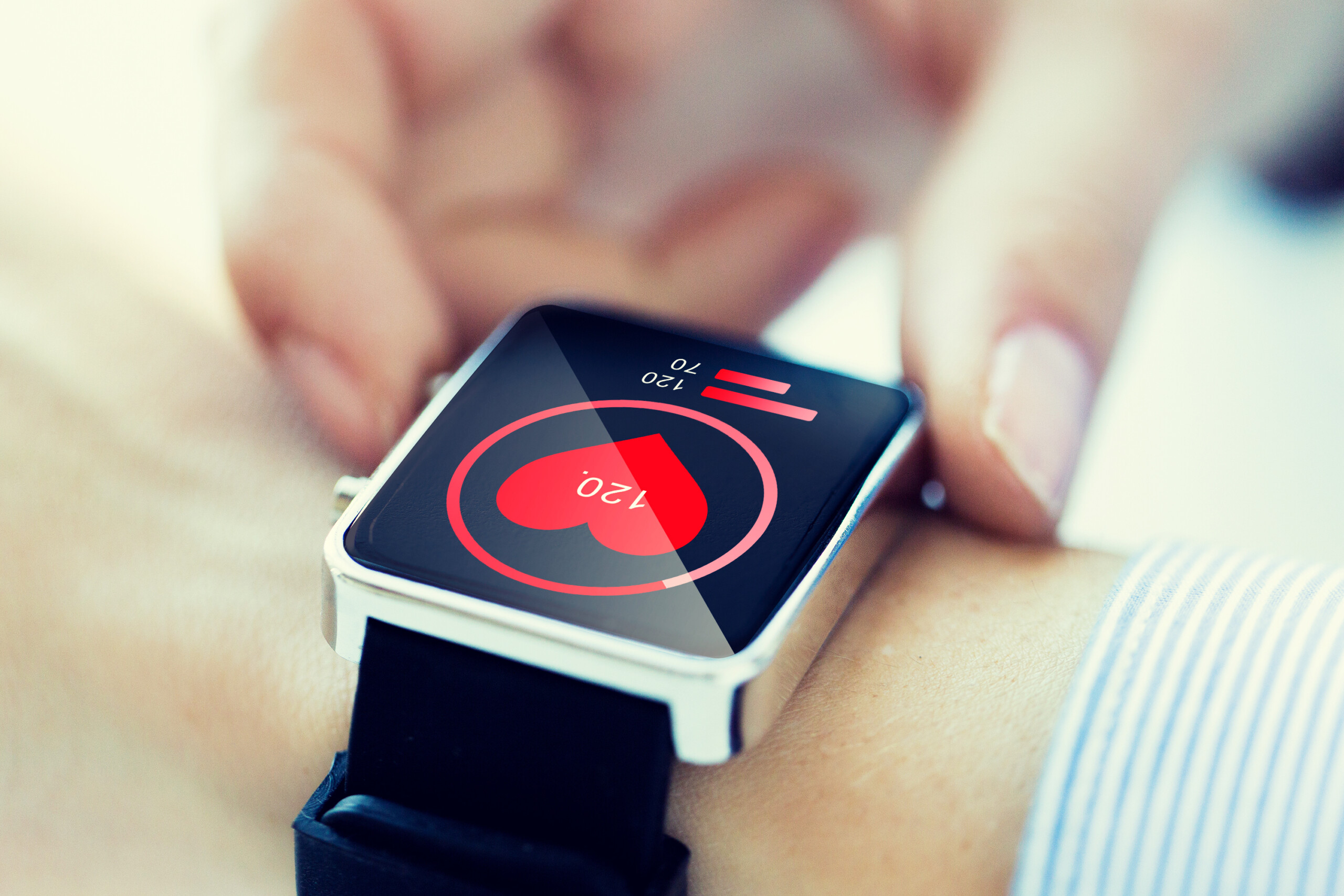
PHOTO: SHUTTERSTOCK
Wearing a fitness tracker can do a lot more than help you count your steps — it can help you to know your heart better.
Dr. Mehak Dhande, a cardiologist at University of Pittsburgh Physicians, Department of Cardiology, says available data from a wearable device, whether it’s a Fitbit, an Apple Watch or many other devices, includes a person’s baseline heart rate, their heart rate variability, their respiratory rate and stress levels.
“The amount of data that’s available is really, really vast,” she says.
“The good parts of it are the heart rate, physical activity, number of step counts … those data are very helpful for knowing your health trends, how much have you been walking, how much activity have you been engaged in,” she says, noting those are also good motivational tools for people to seek more exercise. “For being more engaged and involved in your own health, I think from that standpoint that data is very helpful.”
Dhande says patients may become concerned if their device detects an irregularity, but because the devices are not medical grade, they don’t have the final say. The ultimate gold standard is still talking to your health care provider. “But these devices can definitely be a first step to understanding about your own health,” she says.
“How much of it is actionable and in what ways, that’s where the real caution comes in … You don’t want to be overdiagnosing folks who don’t have a disease. You don’t want to overwhelm the health care system.”
Dhande says overall, if her patients tell her the devices are motivating them to stay healthy, that is fantastic.
“In that case, literally and figuratively, take your wearable and run with it,” she says.
Dr. Amit Thosani, director of Cardiac Electrophysiology for AHN and vice chair for the AHN Cardiovascular Institute, is using the data generated from wearable devices in his research of heart rhythm disorders. It could be a game changer, he says.
He’s working with the Allegheny Singer Research Institute, which is the second leading enrolling site in a randomized controlled trial called REACT-AF, which stands for Rhythm Evaluation for AntiCoagulaTion with Continuous Monitoring of Atrial Fibrillation.
The study, sponsored by the National Institutes of Health, follows 5,500 patients with atrial fibrillation, the most common form of arrhythmia — or irregular heartbeat — in the United States. Half of the patients are given an Apple Watch, which can monitor whether or not a patient is in atrial fibrillation or has a normal heart rhythm at any given time. Patients who do well are told to discontinue their blood thinners (a common treatment for this condition) and continue monitoring with their device in hopes patients may not need to be on blood thinners as much.
“I do think that the effort that we’re part of is potentially going to lead to a landmark shift in how we take care of patients,” he says.
Before smart devices, any attempt to monitor heart rhythm long term or continuously would require a patient to receive a medical-grade prescription, wear a monitor that often was cumbersome, and mail the device to their doctor for analysis.
“Millions and millions of people now have a smartwatch, Apple Watch, Samsung Galaxy Watch, etc., etc., and when they’re having certain symptoms, or even in the absence of symptoms, those devices can notify patients directly,” Thosani says. “Our patients then can record and store tracings of their heart rhythms, which they can then bring to us to review.
“I think that the current technology that’s available is very promising for potentially personalizing patient care,” he says. “We’re excited to be part of that effort.”
